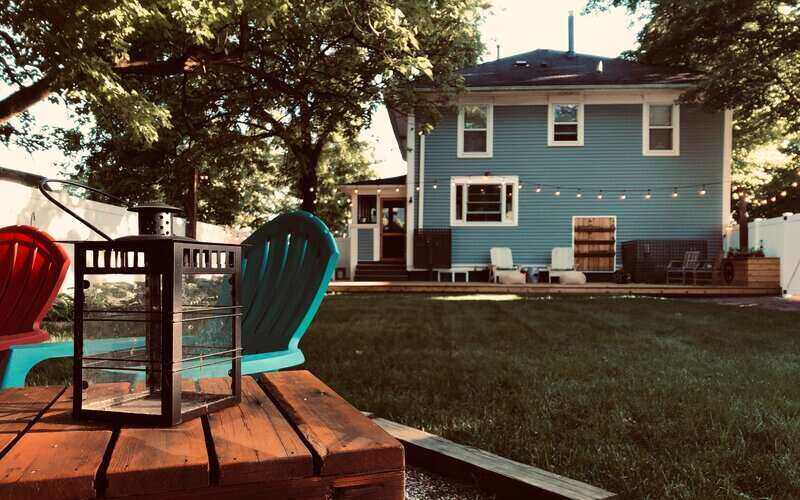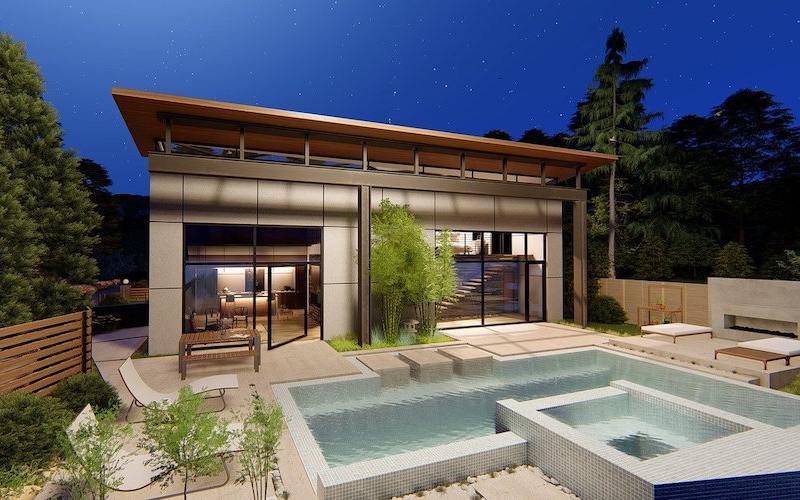The construction of 14,223 new private sector homes were approved in October in seasonally adjusted terms according to the ABS, a 7.5% increase from September.
Private sector dwelling approvals rose in Western Australia (up 11.0%), Queensland (up 10.7%) and New South Wales (up 9.6%), falling in Tasmania (down 14.4%), South Australia (down 7.2%) and Victoria (down 1.4%).
Building approvals are at a five month high, but the year to date numbers remain at the lowest point since 2013, with a rolling total of approximately 166,000 approvals so far this year.
Master Builders CEO Denita Wawn says that with Australia needing about 200,000 new homes each year to keep up with population growth, these numbers continue to be insufficient.
"Achieving the 1.2 million new homes in five years, as as envisaged under the Housing Accord, will be a huge challenge," Ms Wawn said.
"Unless we make concerted efforts to quickly boost housing supply and reduce the cost of building new homes, we will continue to see the housing and rental crisis worsen."
Construction approvals in October were also likely improved by the RBA deciding against raising the cash rate, so the November numbers could be more subdued after the 25bps Melbourne Cup day hike.
Tom Devitt, Senior Economist with the Housing Industry Association (HIA), says the backlog of work delayed during the pandemic is still covering up the shortfall in residential construction.
"Australian home builders had a significant pipeline of work under or awaiting construction when the RBA started increasing interest rates in May 2022," Mr Devitt said.
"This pipeline has kept Australians employed and the economy going for over a year, obscuring the impact of the sharpest rate hiking cycle in a generation.
"This pipeline is now shrinking and in 2024 home builders will be starting construction on fewer new houses than at any time in the last decade."
Mr Devitt and the HIA have been speaking out against further rate hikes for several months now, pointing to the low levels of both construction projects approved and loans written for the construction of new property.
Industrial relations bill an 'extra cost layer'
Ms Wawn has been heavily critical of the 'Closing Loopholes' amendment to the Fair Work Act, which, if approved, will expand the powers of the Fair Work Commission to establish minimum standards for casual workers, contractors and 'employee like' workers.
The House of Representatives passed the bill yesterday, and Ms Wawn is warning of further constraints on construction unless the bill is blocked by the upper house.
"This week we saw the Albanese Government and the Greens brush off the housing crisis and pass damaging reforms that threaten the rights of independent contractors, subcontractors and self-employed tradies to be their own boss," she said.
"It's now up to the Senate to allow common sense to prevail and stop this bill."
The bill could restrict the freedom of contractors, and would likely make labour more costly, but it would also give more workers guarantees for things like superannuation and penalty rates, as well as criminalising wage theft.
Sally McManus, head of the Australian Council of Trade Unions (ACTU) says opposition to the bill isn't rooted in genuine concern for the freedom of workers.
"Big business wants...to block this legislation because they are happy to keep wages low and profits sky high," she said.
"Anything that gets in the way of money-making is labelled ‘red tape’ or ‘complicated."
Read more: Closing Loopholes Bill could nearly double Uber prices
Picture by Jasper Bennett on Unsplash

Ready, Set, Buy!
Learn everything you need to know about buying property – from choosing the right property and home loan, to the purchasing process, tips to save money and more!
With bonus Q&A sheet and Crossword!



 Rachel Horan
Rachel Horan
 Harrison Astbury
Harrison Astbury













